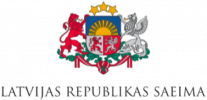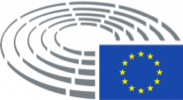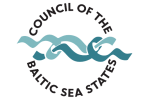On 12-13 December 2024, the delegation of the Baltic Assembly attended the Session of the Benelux Parliament which focused on the mutual recognition of qualifications and diplomas.
Member of the Presidium of the Baltic Assembly Enn Eesmaa addressed the colleagues from the Benelux Parliament and shared that at first, legally binding mutual agreements on the automatic recognition of higher education qualifications were concluded separately in the Benelux Union and among the Baltic States. However, seeking to expand the automatic recognition within the European Higher Education Area, in 2021 these regional agreements were merged into a multilateral agreement. From 1 May 2024, the agreement on automatic recognition of higher education qualifications between our countries has entered into force. “Our shared commitment marks a milestone in Europe, as it is a unique regional initiative that sets a benchmark for automatic qualification recognition across the continent. This is a goal that the whole of Europe needs to strive for,” he stated.
He also added that other countries within the European Higher Education Area can join this agreement in the future, provided they meet three conditions: 1) ratification of the Convention on the Recognition of Qualifications in Higher Education in the European Region, 2) a robust quality assurance system, 3) and alignment of their qualifications with the European Qualifications Framework for Lifelong Learning. “At the same time, it is necessary to look into the future and exchange views about further expanding this initiative. Initiatives could include mutual recognition of all diplomas, certificates or diplomas acquired after completion of secondary, professional or technical education. Trilateral cooperation with the Nordic Council should also be on our agenda,” Enn Eesmaa concluded.
The session also addressed the report of the Court of the Auditors of the EU and the reply from the European Commission. After researching the issue in the EU, there are four recommendations: 1) uniform application of the directive (define and clarify the concepts which are not always replied to jointly); 2) integration of the alert mechanism; 3) to set up continuous monitoring of the directive and; 4) trust with the coherent information spreading to the European public and to use only one source of information for citizens on the EU level.
The delegation of the Baltic Assembly to the session of the Benelux Parliament consists of Member of the Presidium Enn Eesmaa and Member of the Education, Science and Culture Committee Līga Kļaviņa.
Photos
© Secretariat of the Baltic Assembly & the Benelux Parliament
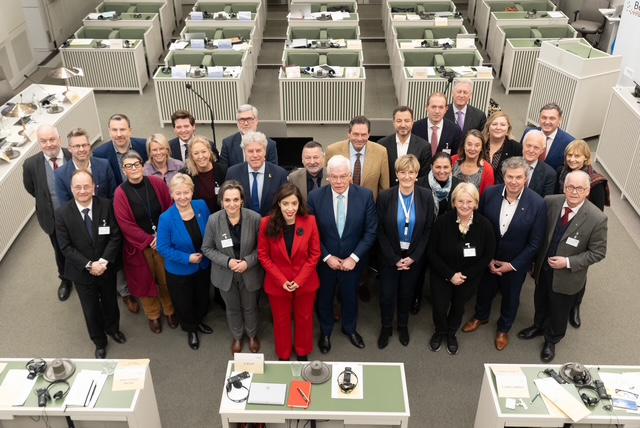
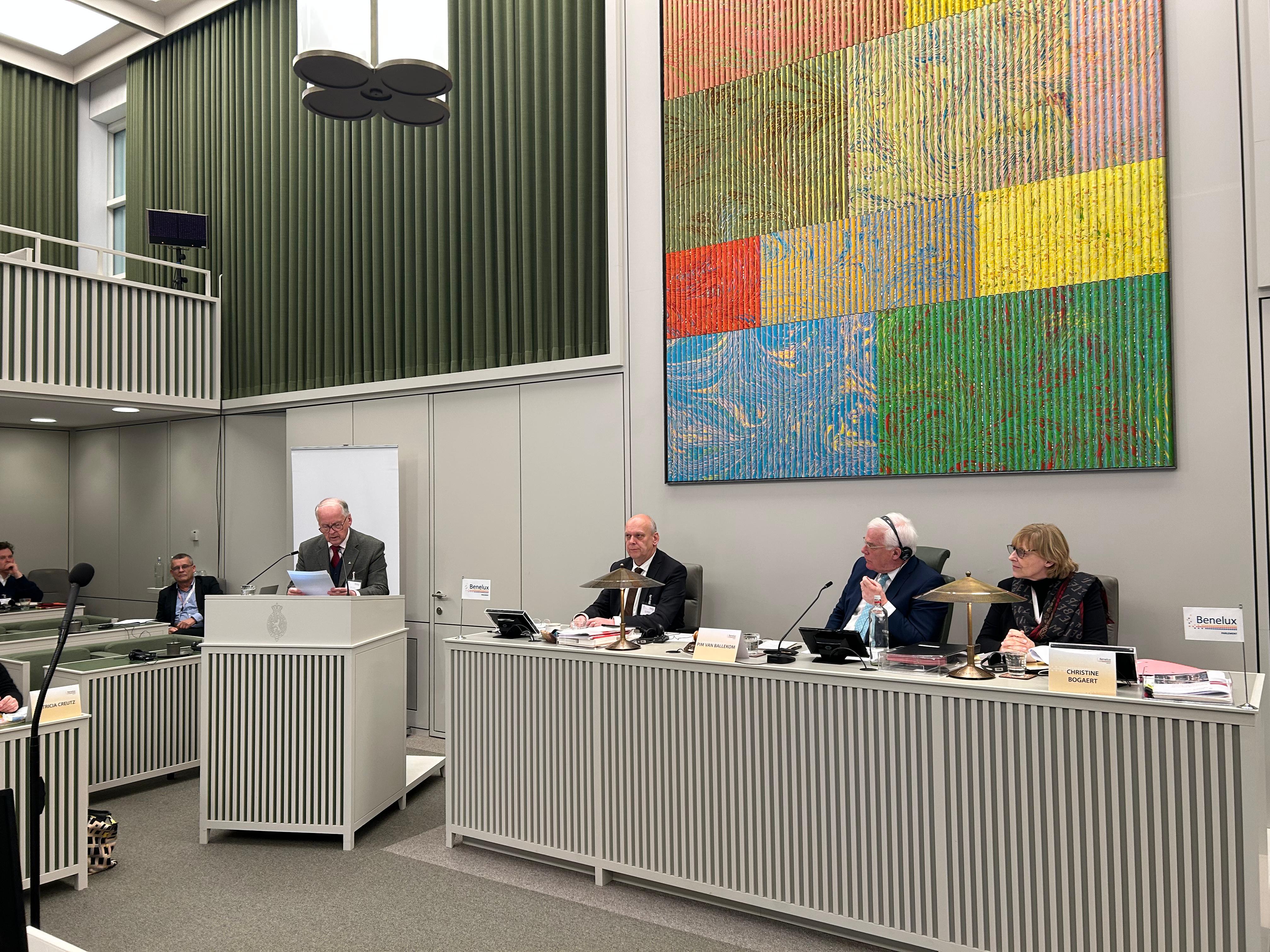
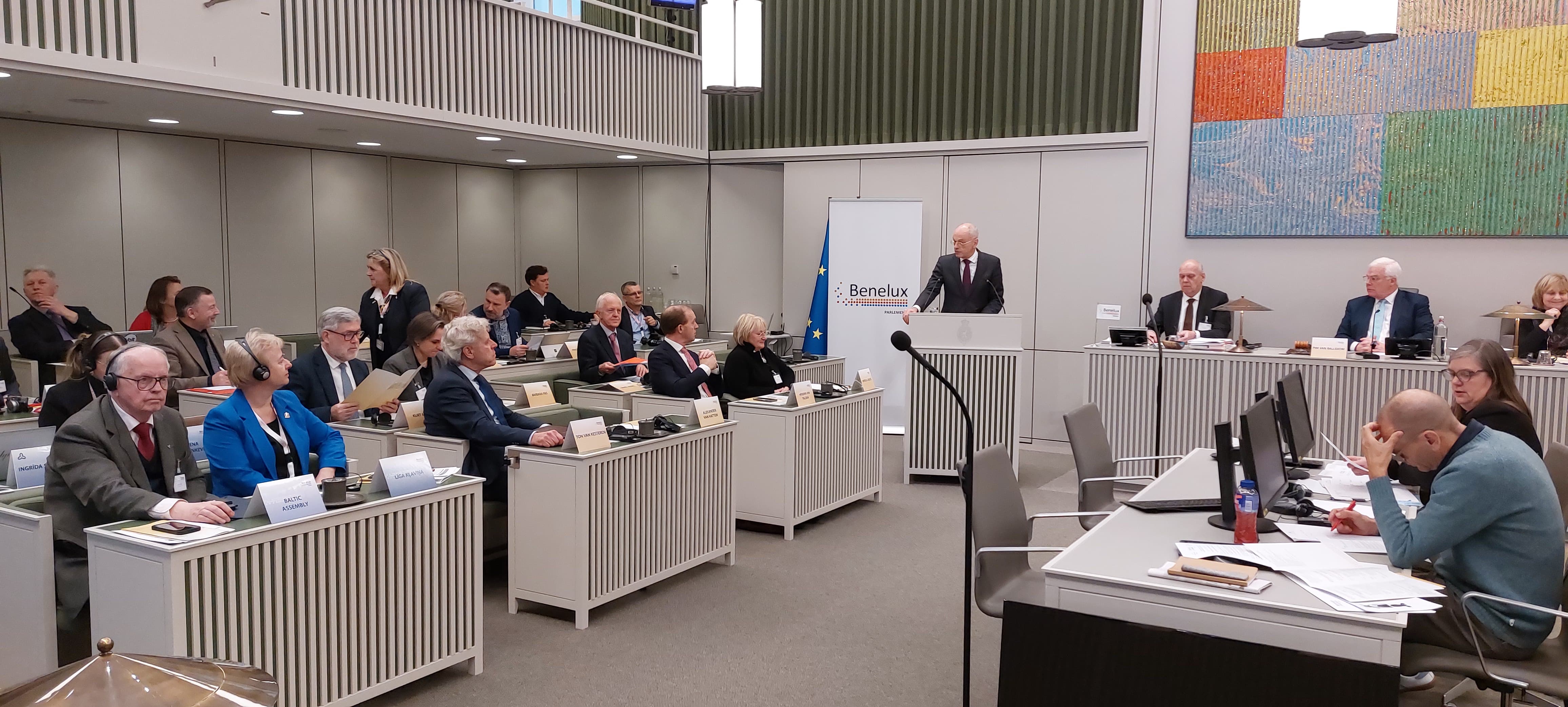
 Print
Print 

